Georgian Parliament Races to Limit Opposition
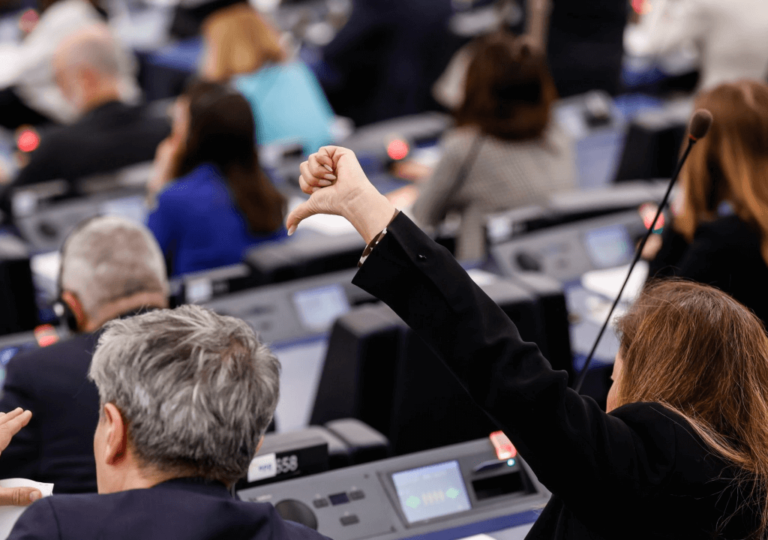
Georgia’s parliament is swiftly pushing through laws that restrict opposition powers, fueling concerns about the country’s democratic decline.

Georgia’s parliament is swiftly pushing through laws that restrict opposition powers, fueling concerns about the country’s democratic decline.
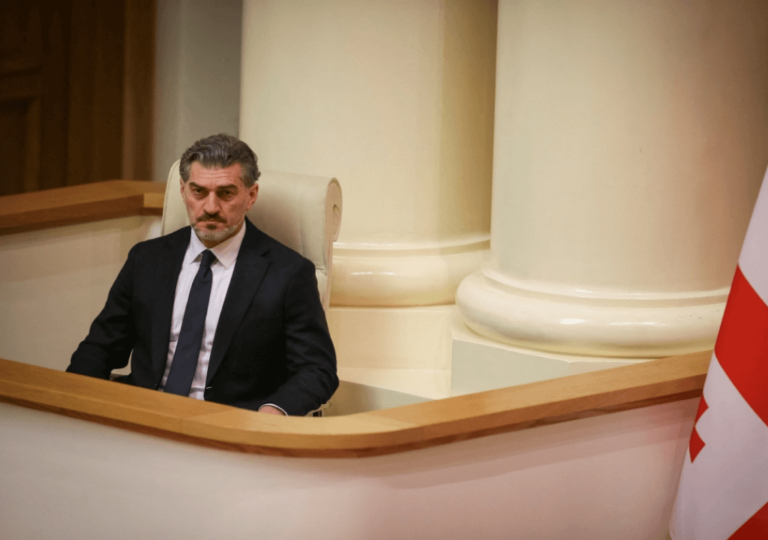
Georgia faces a political crisis as protests erupt against a pro-Russian government and its newly elected president
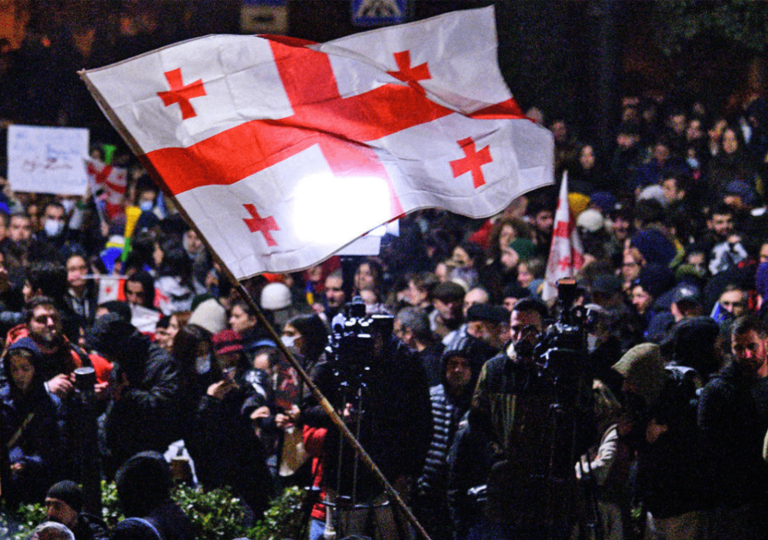
Georgia's parliamentary elections on October 26 saw Georgian Dream secure a landslide victory, despite accusations of electoral fraud from the opposition
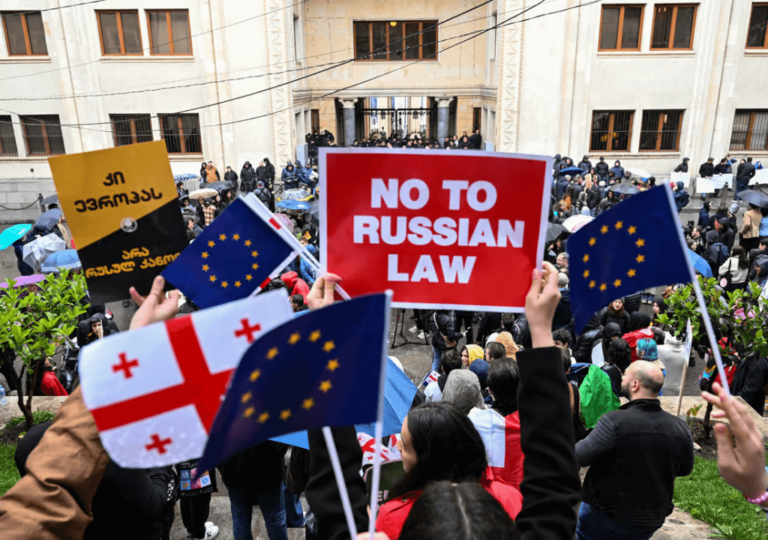
Georgia is accused of circumventing Western sanctions on Russia, jeopardizing its European aspirations despite protests against Russia
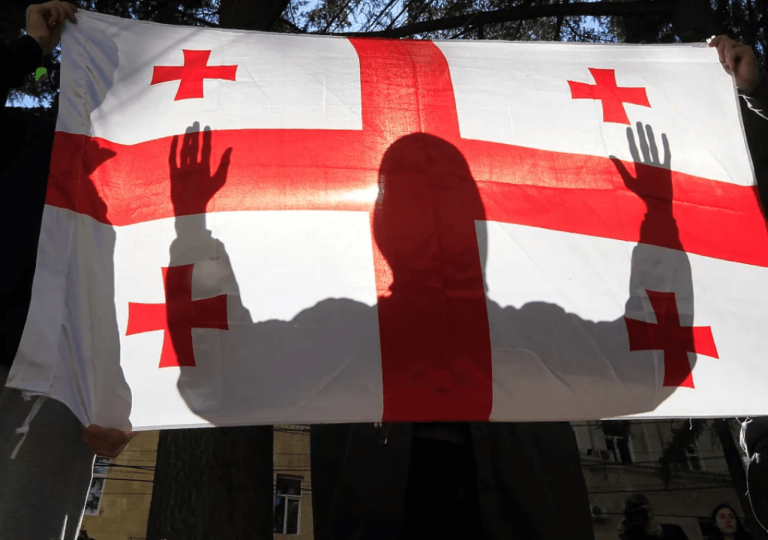
Georgian Parliament Passes Controversial Foreign Agents Bill; Protests Erupt: Georgia's parliament passes a bill requiring foreign-funded media and NGOs to register as "foreign agents," sparking protests and EU criticism. The bill contradicts democratic reforms needed for EU membership.